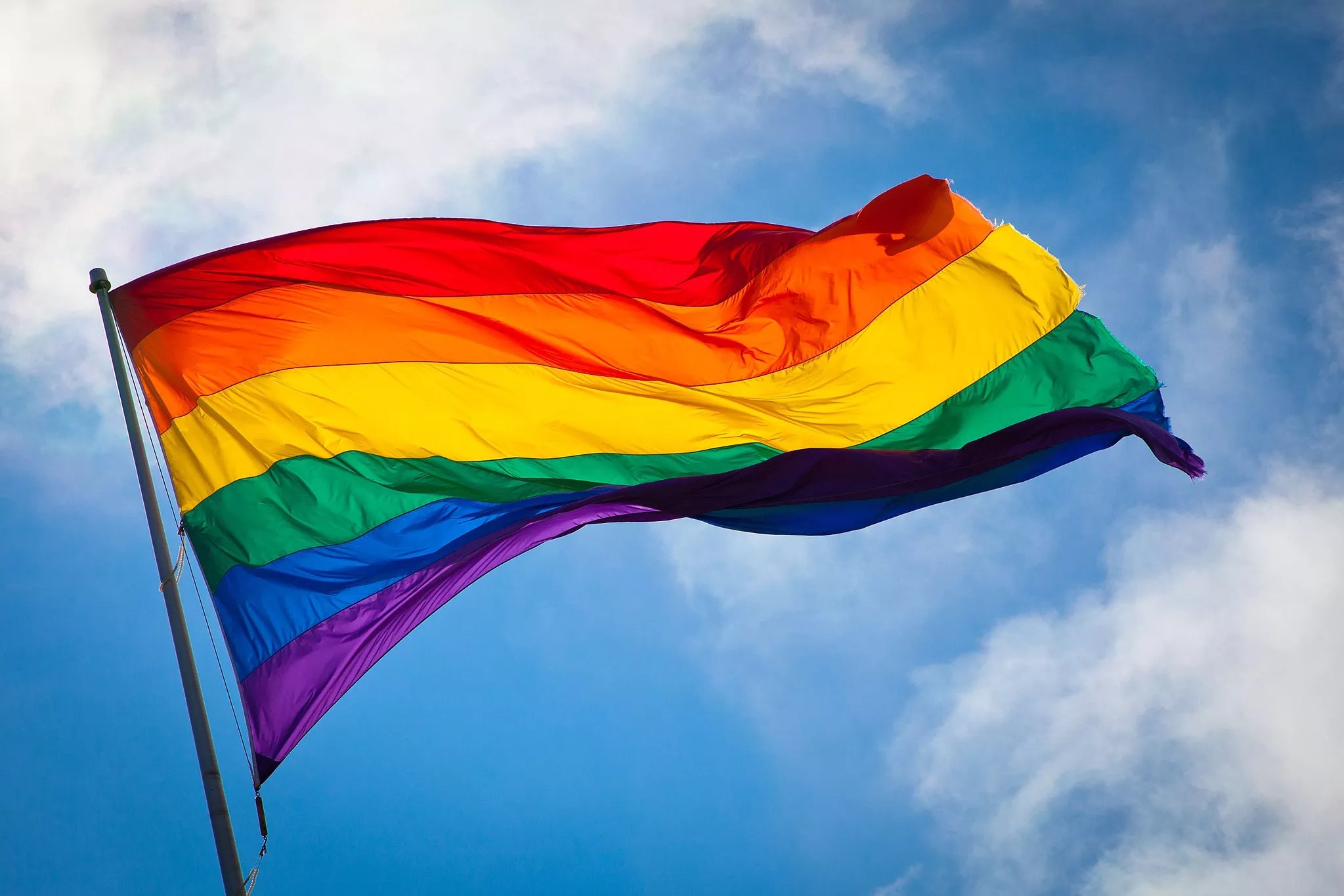
Benson Kua

Audio By Carbonatix
Instances of hate targeted at LGBTQ+ individuals are occurring more frequently across Texas, data compiled by the Anti-LGBTQ+ Extremism Reporting Tracker (ALERT) shows, and a group hoping to train bystanders on how to respond when those incidents take place now faces an uncertain future thanks to federal funding cuts.
The New York City-based social justice advocacy group Right To Be hosts public trainings on how to intervene in instances of harassment against marginalized people. Hoping to respond to anti-LGBTQ+ sentiments in Texas, the group recently received a grant from the U.S. Department of Justice to implement a statewide bystander training program that they hoped would reach 10,000 Texans. As of last month, Right To Be had hosted a round of trainings in San Antonio and was planning to begin teaching community partners in Texas’ other major cities how to host their own trainings.
But on April 23, Right To Be was one of 350 organizations whose federal funding under the Community Violence Intervention and Prevention Initiatives program was slashed.
“It was just a blanket termination saying that our grant no longer met the priorities of the department. But there was no specific information, it just cited that,” Right To Be Vice President of Movement Building Jorge Arteaga told the Observer.
Arteaga said the sudden change has left the group desperate to find donors willing to help the Texas program, which Right To Be planned to bring to 10 Texas cities, continue. Since ALERT began tracking anti-LGBTQ+ instances in 2022, Texas has recorded 130 incidents, with North Texas being the location for dozens. A majority of the incidents are protesters at drag shows, book bans for LGBTQ+ books and vandalism of Pride symbolism.
It was because of that anti-LGBTQ+ climate in Texas, both culturally and legislatively, that Arteaga said it was important for Right To Be to prioritize work in the Lone Star State. In 2023, the Human Rights Campaign found Texas accounts for 20% of all anti-LGBTQ+ legislation filed nationally, and this legislative session, the Observer has found dozens of bills targeting Transgender Texans.
“When we start to see legislation, rhetoric, stuff that attacks a certain community, we know that it’s just a matter of time before we start to see that play out in real life in public spaces,” Arteaga said. “The way we wanted to show up in support of that was to equip everyday people to be able to intervene when they see folks experiencing hate and harassment.”
Right To Be is only the latest in a slew of organizations whose hopes to positively impact the North Texas community were dashed by President Donald Trump’s government slimming agenda. Over the last few months, attacks on specialized healthcare have left LGBTQ+ clinics in Dallas trying to figure out the path forward. And funding delays at the CDC resulted in rape crisis centers across North Texas experiencing “fear and frustration.”
According to The Guardian, when asked about the Community Violence Intervention and Prevention Initiatives funding cuts, a spokesperson for the Justice Department said the department will refocus to better support “prosecuting criminals, getting illegal drugs off of the streets, and protecting American institutions from toxic DEI and sanctuary city policies. Discretionary funds that are no longer aligned with the administration’s priorities are subject to review and reallocation.”
Arteaga noticed national organizations dedicated to sexual assault, violent crime victim advocacy, domestic violence advocacy and gun violence present on the Zoom call where funding was stripped.
“It was gutting because when it happened, it was more than just about the organization, it was about the people that were going to be affected by it,” Arteaga said. “That people now aren’t going to have access to the resources, not just that we have to offer, but that all the other organizations that were affected had to offer.”